Expected Value: The poker theory that could help change how you live your life
It all comes down to risk management
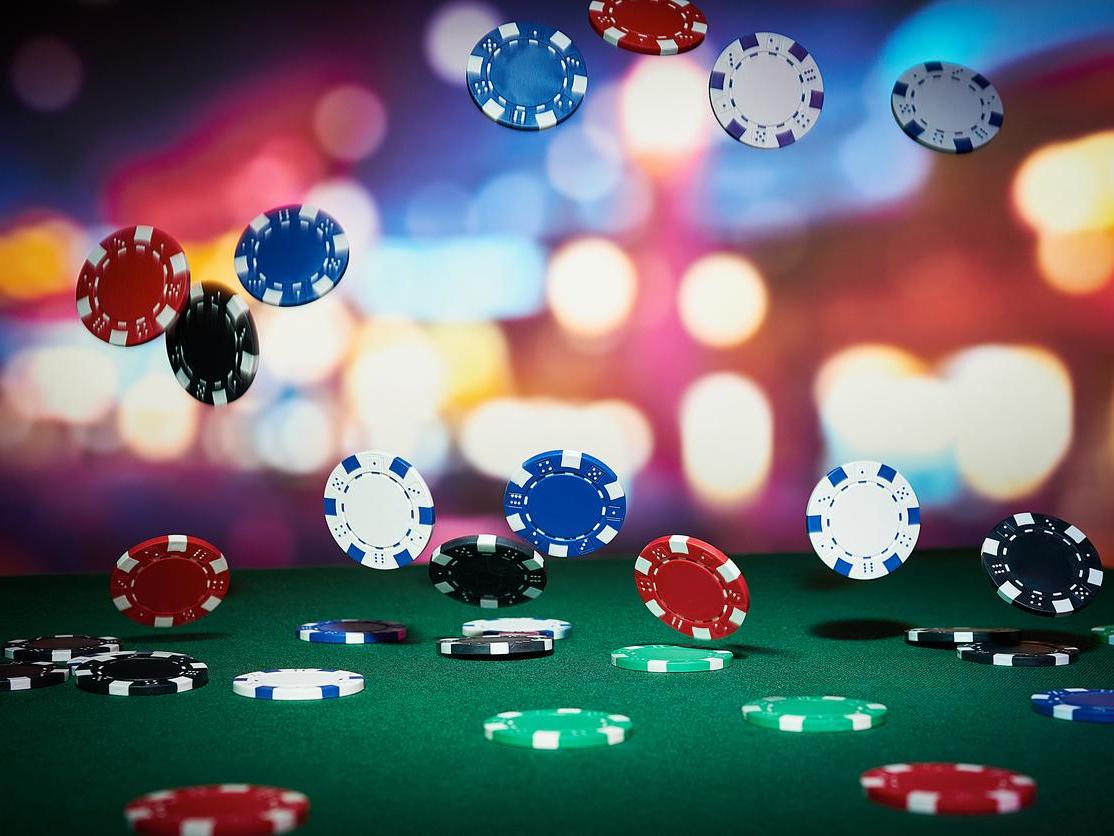
Liv Boeree is at work. A good week will see her take home half a million euros, a bad week will see her leave with nothing.
We’re sitting in the Monte-Carlo Bay Casino, where the room sounds like it’s filled with chirping crickets; the tiny clinks of chips being used to bet, raise and re-raise by the world’s high rollers.
On hot days, the roof of the semi-circular main room hums with movement as it slides open at a magisterial pace, letting the sunshine that coats the Cote d'Azur lap over the oval poker tables below.
Liv is here to play and she’s here to win, and her fresh face and lively personality makes it easy to forget that she’s a 12-year veteran of the game.
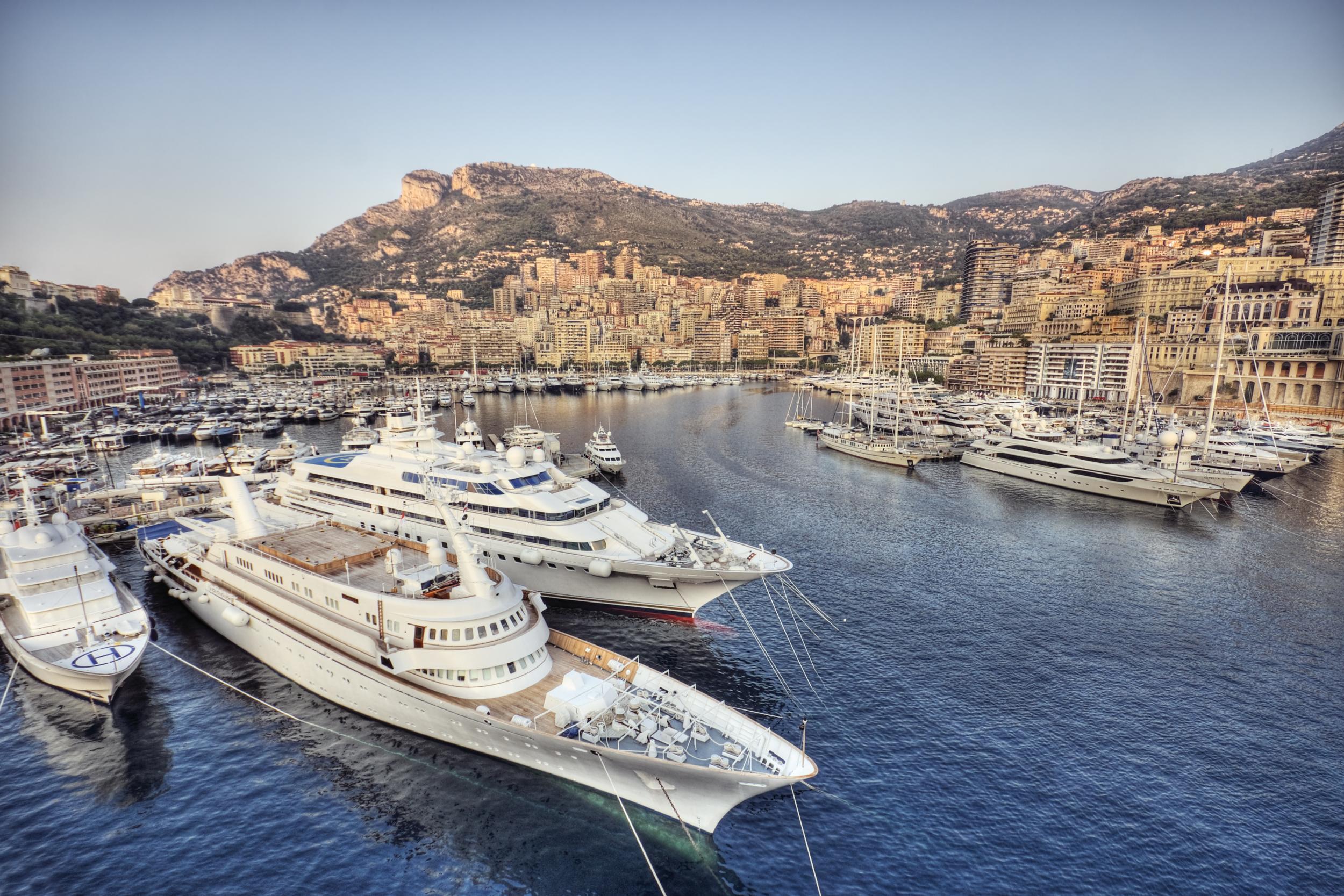
A two-week festival of gambling has culminated with this PokerStars Championship Main Event, where the world’s best poker players stump up thousands to be in with a shot of winning a life-changing amount of cash.
To succeed, a player must make hundreds of mathematical calculations per hour, get the measure of scores of opposing players throughout the tournament, wrestle to keep their own emotions in check, and tune out the floating TV cameras and curious spectators.
They’re a special type of person, and that made me curious.
These people have life skills fired in the crucible of top-level poker. Could I find a thread that binds the success of the world’s best together and apply it to everyday life?
I boarded a helicopter to find out.
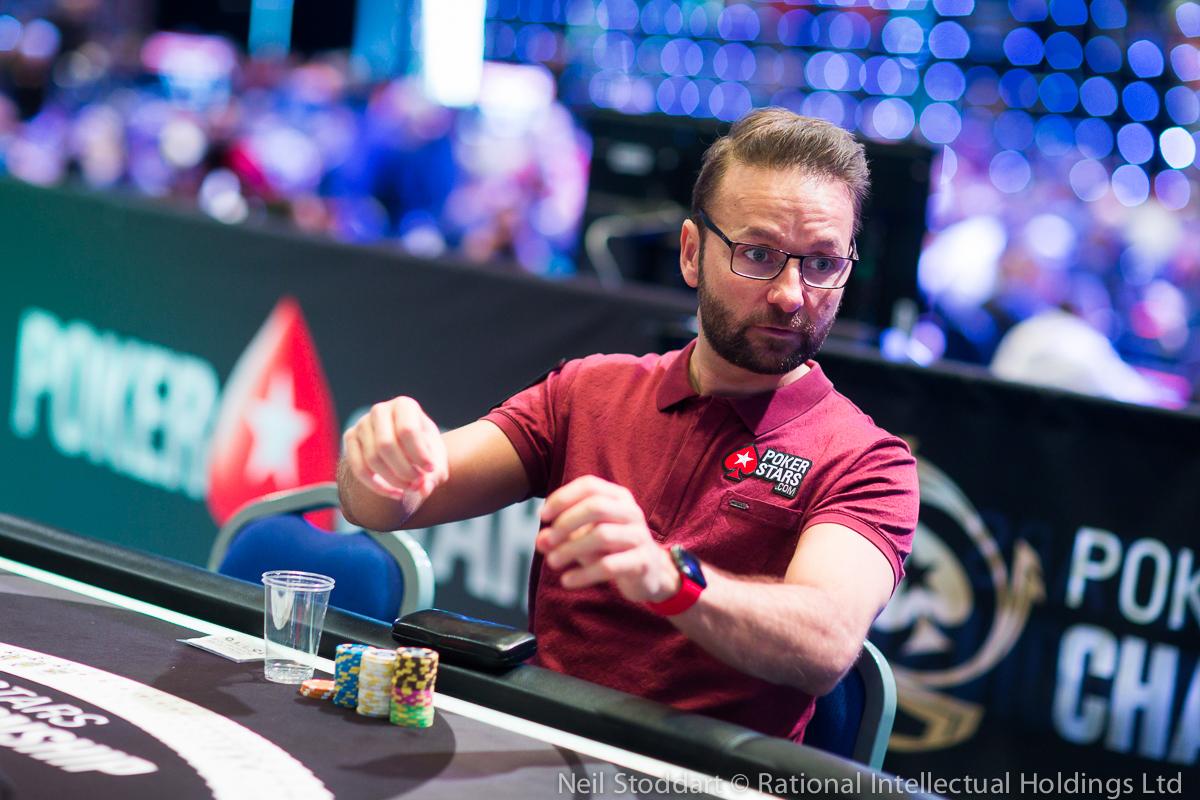
It is, of course, possible to arrive in Monaco by road from nearby Nice airport – but in this gold-dipped microstate, bigger is definitely better.
How to profile an opponent - at the poker table or in everyday life
Fatima Moreira De Melo did a course in human profiling to help her poker career. Her verdict: “It’s a very cool skill.”
There are the obvious tells like dilated pupils, sweaty palms and shaking hands to show someone is nervous.
But what’s more useful is finding out about someone’s background and situation, so you can understand their motivations and predict their actions.
“I like to ask: ‘who is that person?’”
“In poker, if it’s someone playing their first tournament then they want to have a good experience and stay in for a long time. That means they won’t bluff often and they’ll only bet with the best hands.
“Or are you a big broker who’s very used to spending lots of money and doesn’t really care if he’s knocked in the first hour – in that case he’s more likely to bluff more.
“Understanding people’s circumstances in everyday life can help you better predict what their future actions will be.”
I sit down at a table with Liv, a 32-year-old astrophysics graduate from Kent. She won £1.1m at a tournament in 2010 and has been a permanent fixture on the poker circuit ever since.
With long dark hair, a trim figure and youth on her side, she’s a contrast to the stereotypical casino gambler.
The first hurdle, to me, seems to be dealing with surging emotions during the game; the upset of being unfairly beaten, the elation of a big winning hand, the pulsating heart as you as you turn over your cards to see a pair of aces staring back at you.
“Emotions are unhelpful,” Liv says with a wave of her hand. “What poker and life is about is ‘who can make the best decisions?’
“In prehistoric times, our emotions were pretty helpful. We didn’t have to make very complex decisions – they were live-or-die instantaneous decisions.”
But now, those fight-or-flight parts of the brain simply “get in the way”, she says.
“Even with high stakes poker, it’s not life or death but your brain still reacts like it is.”
The solution? “Acknowledge when an emotion is flowing through you, then try to detach yourself from it,” something it’s possible to do even if you’re suffering the “rage of injustice”.
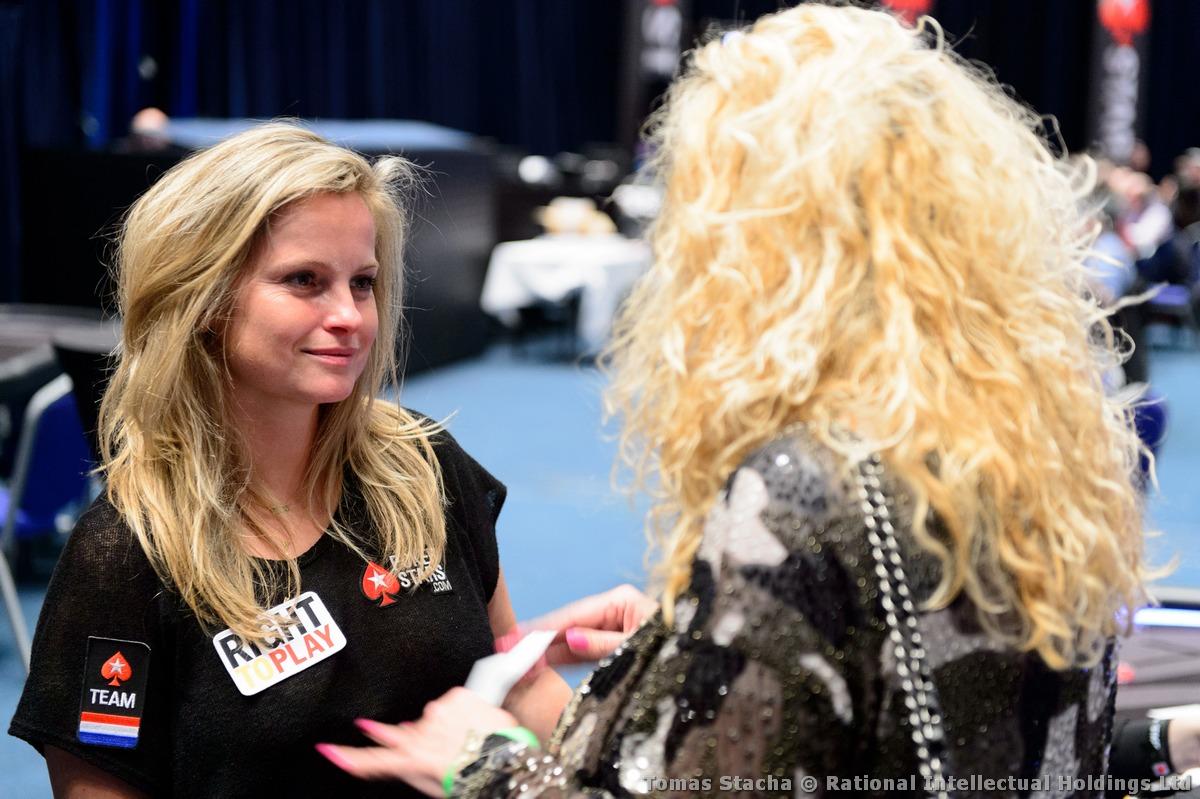
In poker, as in life, it is possible for things to turn sour when you have played all of the correct moves. A pair of aces – the best two hole cards you can be dealt – will be beaten by the very worst 7-2 offsuit hand on rare occasions.
She talks of embracing Stoicism: “The world is unjust, the universe doesn’t care.”
This reckoning with the futility of life is what makes poker players so interesting as people, she says, the game strips back the distractions of life and forces you to search for true meaning in the philosophy books.
But the emotional detachment doesn’t just apply to the game of poker for the very best players, they carry it through to their everyday lives.
“The helicopter view is when you take yourself out of the situation,” says Fatima Moreira De Melo, “and it’s one of the most useful things you can do in life.”
The diminutive gold medal-winning hockey player picked the game up after growing up hooked on board games as a youth.
Now she applies her emotional control to every aspect of her life.

But once you’ve controlled your emotions, what comes next? Do top poker players approach life in a different way to others?
A common thread emerges: the secret to these people’s success is something called EV – short for ‘expected value’. It's the theory on which every high-level poker player's technique is built.
“Any time there’s uncertainty, in life or in poker, then EV has a role to play.”
Let’s step back and explain this.
If someone offers to give you £100 if you correctly guess which side a flipped coin will land on, but you’ll lose £100 if you make an incorrect guess, you have an even EV. Half the time you’ll win, half the time you’ll lose. Overall, on average, you won’t come out ahead or behind.
The expected value is zero.
Now, say that same oddsmaker offers to give you £500 if you guess correctly, but the forfeit is £100.
The world's biggest poker shark who doesn't eat meat
PokerStars ambassador Daniel Negreanu is arguably the world's best poker player.
The Hendon Mob poker database puts his total earnings at $33m, and he's earned millions more on top from sponsorship deals.
But the biggest shark in the game says one of the secrets to his success is his plant-based diet.
It can be a struggle, particularly in casino environments known for their fast food options and with a jetsetting lifestyle.
He told The Independent: "I’m a vegan, so I need to really plan ahead, I look to see what vegan options are available where I'm playing, I call the hotel in advance, I get a blender, I visit the local grocery stores.
“It’s super important to eat clean when you’re doing 12-14 hour days, and the benefits are huge.
“Not only am I physically stronger, with more muscle, but I also have more energy and don’t suffer from some of the fatigue problems that my opponents face."
Suddenly, your expected value has soared to £200 per flip. To the poker mind, even though you may balk at the tought of losing £100 with an incorrect guess, the EV is so far in your favour that it would be wrong not to take the bet.
It’s a relatively simple example of a concept that poker players find themselves applying to all aspects of flights.
For Liv, it’s flights.
There’s an upside and downside to turning up both very early and very late.
Turn up too early and you’ll waste precious time, as well as money in airport bars. But you’ll be guaranteed to make your expensive flight.
Turn up as late as possible, though, and there’s a different upside: no wasted time and a glide through the airport to your plane seat. The downside? Occasionally you’ll get held up in traffic, and, perhaps you’ll miss one in every 25 flights you take.
For Liv, there’s a conscious effort made to thrash out the value – both negative and positive – of each of these aspects.
“I think ‘am I going to make this flight if I turn up later, or will I make it 70% of the time? If every unnecessary minute spent in the airport is a cost to me, how does that balance with the risk of potentially missing a flight 20% of the time?’
“I apply it to parking tickets: ‘Should I park here? I might get a ticket. What’s the expected loss versus the chance of being caught?”
Fatima is quick to agree: “Once I’ve taken myself out of a situation, I can look at everything in terms of EV.
“I’m like ‘four out of 10 times this situation Is going to resolve itself if I do this, but six out of 10 times it’s going to end if I do that and that.’
“So one option may seem harder but it has a better result ratio. That’s the one I’ll take.
“I believe poker players look at life way more rationally and analytically than other people and you can apply EV to any situation.”
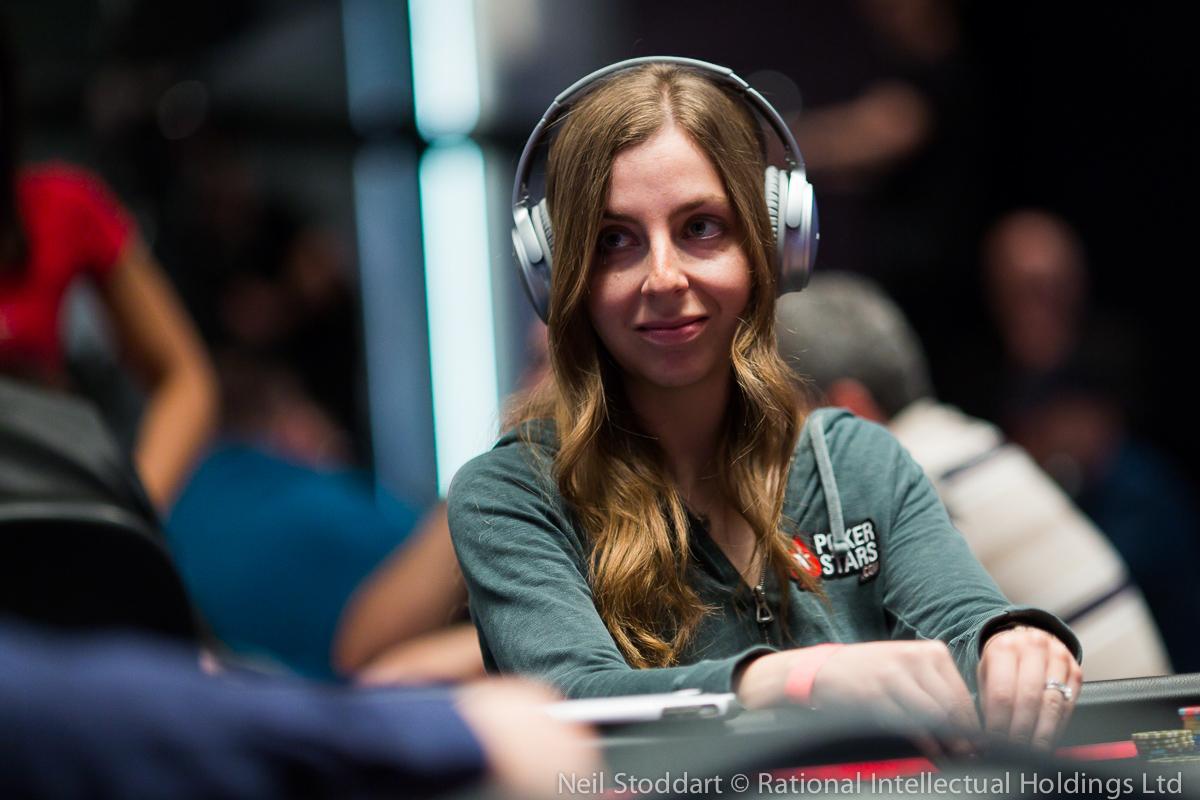
The edge that this thinking gives people is neatly underlined by Maria Konnikova, a writer on psychology who has spent a year learning the game: "Humans are generally absolutely s*** at calculating probabilities."
She argues that we are influenced by events but our perceptions are skewed. That's why more people are frightened of being killed in a terrorist attack than slipping in the bathroom, even though the latter is more likely.
By focusing on probabilities and putting them at the forefront of everyday life, it gives the brain a "way through our limitations".
EV is more than just weighing up pros and cons, it's embracing situations where there is the potential for loss - providing that, on average, you'll come out ahead.
Yes, it'll likely lead you to take more risks, sure, but at least they'll be considered.
-
This article has been updated to correct the given EV for the 5:1 coin flip scenario
Join our commenting forum
Join thought-provoking conversations, follow other Independent readers and see their replies
Comments
Bookmark popover
Removed from bookmarks